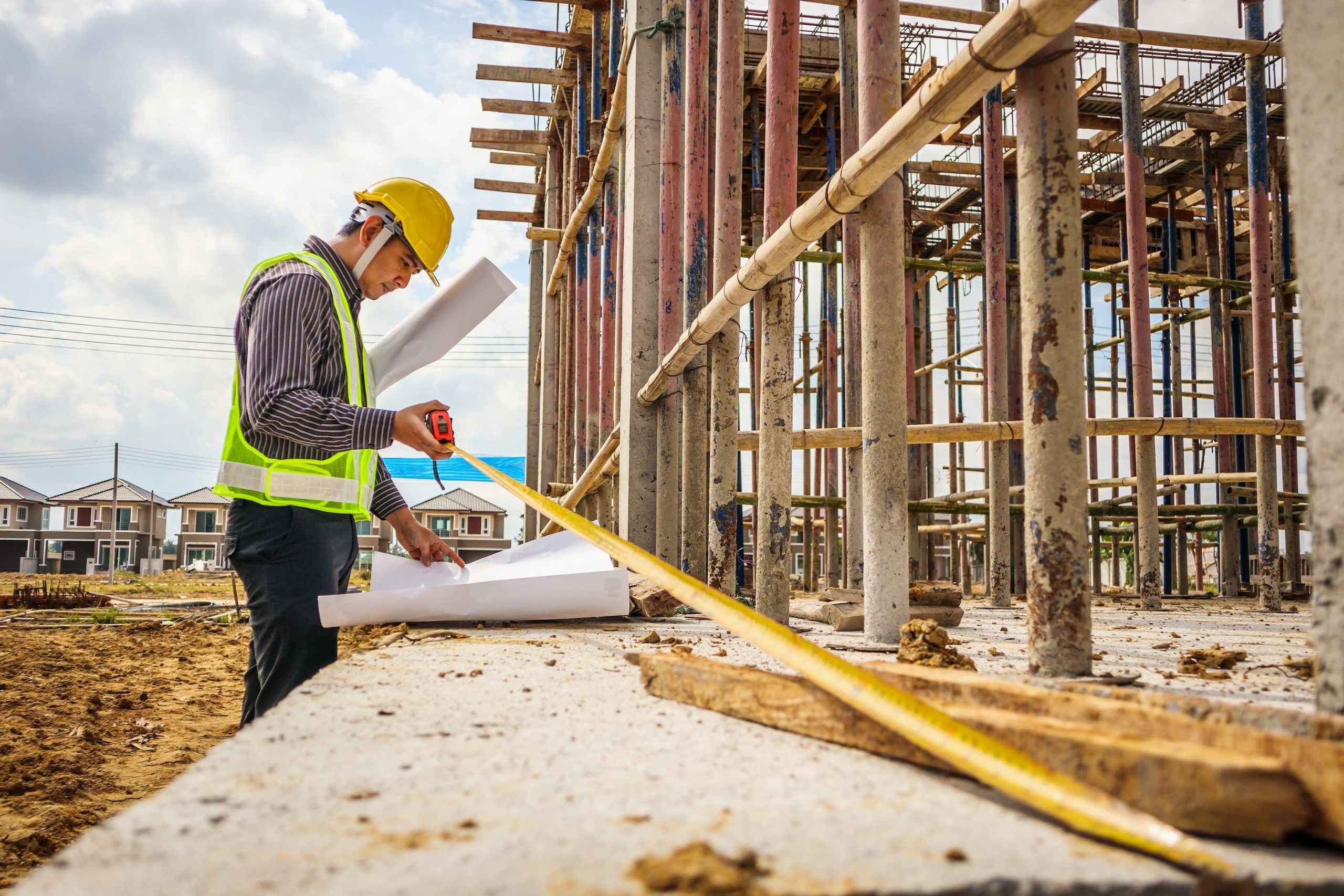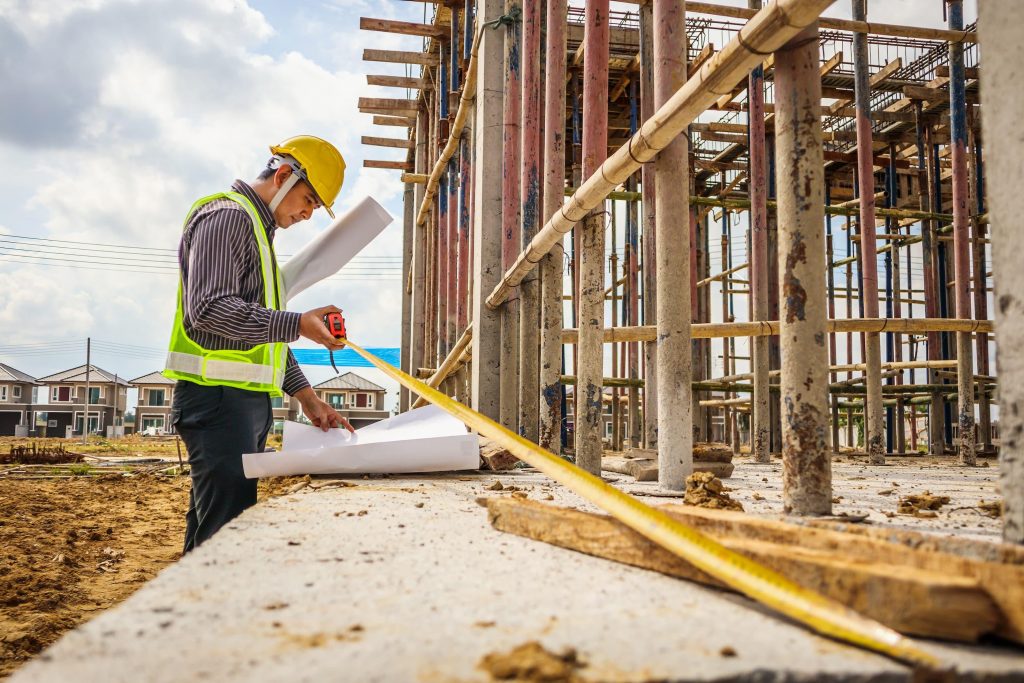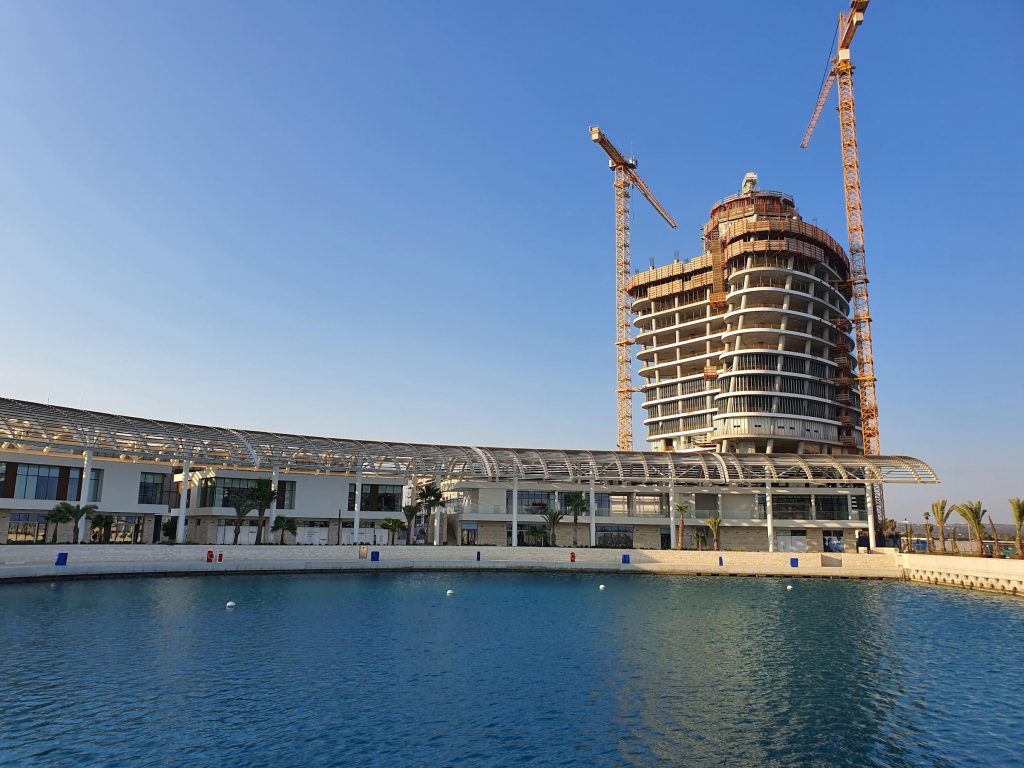It is no secret that sunny Cyprus continues to attract the attention of international investors and foreign real estate buyers—demand is indeed growing exponentially. However, any major purchase in this area inevitably involves significant risks: there may be unplanned expenses, legal complications, and even withdrawal from the deal at late stages. To avoid such problems at the initial stages of the purchase, it is worth turning to the practice of Due Diligence.
DUE DILIGENCE – WHAT IS IT?
Due Diligence is a special comprehensive verification procedure that involves the thorough collection and analysis of information related to the investment object. Its purpose is to identify and assess potential risks that may affect the security and feasibility of the transaction. The check covers all key aspects:
- legal status of the property
- title documents and ownership history
- financial obligations
- physical condition of the property
- environmental standards
This ensures that the buyer really gets what they pay for: no hidden encumbrances, debts, or other surprises.
Based on the data obtained during the inspection, an informed decision is made, and a clear understanding of the real value and investment attractiveness of the property is formed.

DUE DILIGENCE CHECKLIST
To avoid chaos in the flow of information and not miss any critical aspects when inspecting real estate, investors and new buyers rely on checklists. This makes the process structured and reliable.
1. Legal issues. Verification of the legal purity of the property and accompanying documentation:
- title documents and confirmation of ownership
- legislative restrictions on zoning and land use
- encumbrances, easements, pledges
- tax documents for the property
- history of legal disputes and litigation
- verification of the authenticity of the purchase and sale agreement
2. Financial assessment. Analysis of current and future expenses related to the property:
- additional payments: utilities, insurance
- current maintenance costs
- current insurance policies (e.g., Pitsas Insurances)
- capital repair and modernization plans
- verification of debts owed by the previous owner (if the property has already been resold after the developer)
3. Technical inspection of the property. Assessment of the physical condition of the property:
- condition of walls, floors, foundation (cracks, wear and tear, outdated materials)
- checking the tightness of windows and doors for signs of moisture or mold
- condition of the roof and drainage systems
- checking electrical, plumbing, and ventilation systems
- assessment of gas and water supply, including direct sources
- report on the presence of pests
4. Environmental situation. Assessment of the environment and potential risks:
- tests for soil contamination or salinity
- level of risk of flooding or drought (climatic factors)
- documents on compliance with environmental requirements and standards
To obtain reliable and meaningful information, it is recommended to engage a qualified lawyer who will not only explain all the key nuances, but also protect you from legal and financial risks when buying real estate in Cyprus.
If you are planning an investment project or moving to Cyprus, be sure to include due diligence in your overall plan and preparation process. This is not just a collection and analysis of information, but a key element that guarantees the safety and success of the transaction. In this case, it is extremely important to consult only independent experts who are not affiliated with developers in order to protect your interests as much as possible. This is the only way to avoid risks and make informed decisions.
Hinode provides professional and qualified real estate verification services in any area of Cyprus. We guarantee our clients a personal approach, constant updating of information, honesty, transparency of actions, and reliability.




















